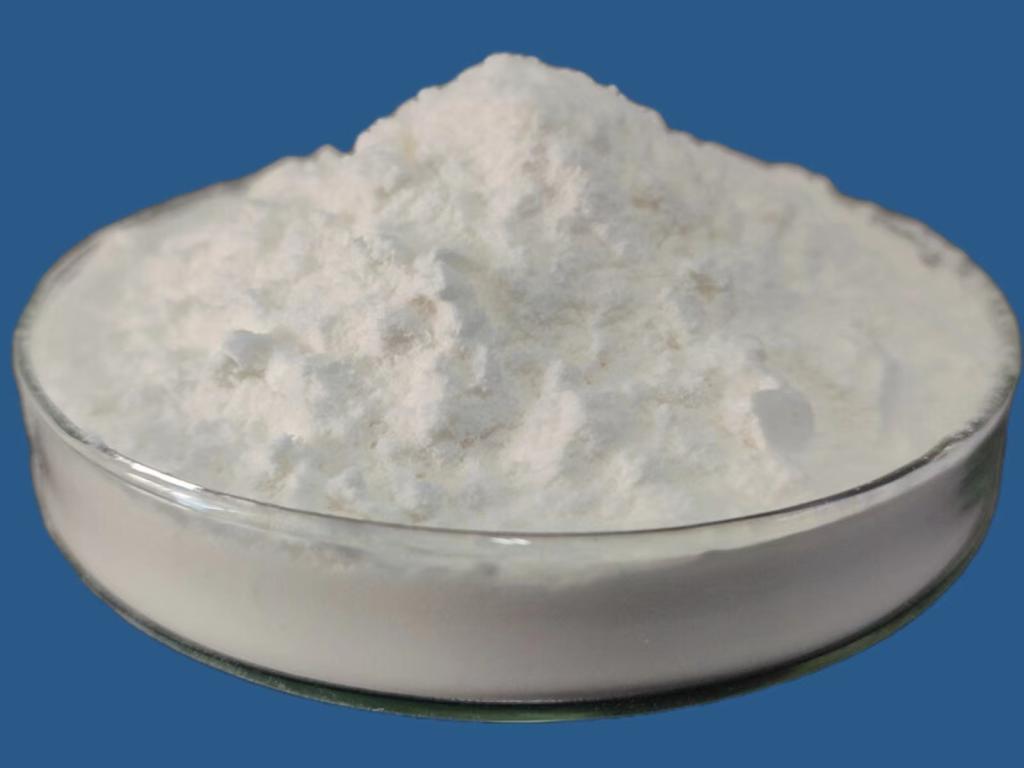Tel:+8618231198596

News
 CONTACT
CONTACT
 CONTACT
CONTACT
- Linkman:Linda Yao
- Tel: +8618231198596
- Email:linda.yao@dcpharma.cn
- Linkman:CHARLES.WANG
- Department:Overseas
- Tel: 0086 0311-85537378 0086 0311-85539701
News
Current Position:
Home >
News
>ε-Polylysine Hydrochloride's Role in the Artisanal Food Movement: A Natural Touch
ε-Polylysine Hydrochloride's Role in the Artisanal Food Movement: A Natural Touch
TIME:2023-12-21
1. Introduction:
The artisanal food movement represents a return to the roots of culinary craftsmanship, celebrating the unique, the handcrafted, and the authentic. In this movement, where the emphasis is on traditional methods and quality ingredients, ε-polylysine hydrochloride has emerged as a natural and effective preservative. This article delves into the role of ε-polylysine hydrochloride in the artisanal food movement, exploring how it aligns with the movement's ethos of preserving authenticity while ensuring food safety and longevity.
2. The Artisanal Food Movement: A Resurgence of Craftsmanship:
The artisanal food movement, born out of a desire for authentic, handcrafted products, has gained momentum globally. Artisanal producers prioritize traditional methods, local ingredients, and a connection with consumers. This movement represents a departure from mass production, focusing on quality over quantity and celebrating the unique flavors and textures that arise from careful craftsmanship.
3. The Challenge of Preservation in Artisanal Foods:
While the artisanal approach to food production enhances flavor and authenticity, it often poses challenges in terms of shelf life. Without the use of artificial preservatives, artisanal products can be more susceptible to spoilage, limiting their availability and accessibility. This challenge underscores the importance of finding natural preservation solutions that align with the principles of the artisanal food movement.
4. ε-Polylysine Hydrochloride: A Natural Antimicrobial Preservative:
Enter ε-polylysine hydrochloride, a naturally occurring antimicrobial peptide produced through fermentation. Its effectiveness against a broad spectrum of microorganisms, coupled with its natural origin, positions it as an ideal preservative for artisanal producers seeking to extend the shelf life of their creations without compromising on the principles of natural and authentic food production.
5. ε-Polylysine in Bakery and Artisanal Breads: Preserving Craftsmanship:
Artisanal bakers, renowned for their dedication to traditional methods and unique recipes, face the challenge of maintaining freshness without artificial preservatives. ε-Polylysine hydrochloride offers a natural solution by inhibiting the growth of spoilage microorganisms, preserving the artisanal touch in bread and bakery products while ensuring an extended shelf life.
6. Cheese and Dairy: Balancing Tradition and Preservation:
Artisanal cheese makers, known for their craftsmanship and dedication to terroir, often face the delicate balance of preserving their products without compromising on flavor and texture. ε-Polylysine hydrochloride, when judiciously applied, contributes to the natural preservation of cheeses, allowing artisans to showcase their skills while ensuring consistent quality.
7. Meats and Charcuterie: A Natural Shield Against Spoilage:
In the realm of artisanal meats and charcuterie, where flavors are carefully curated through traditional curing and aging processes, spoilage is a constant concern. ε-Polylysine hydrochloride's antimicrobial properties provide a natural shield against unwanted microorganisms, allowing artisans to extend the life of their products while maintaining the distinctive textures and flavors.
8. Natural Preservation in Condiments and Sauces: Authenticity in Every Drop:
Artisanal condiments and sauces, crafted with precision and unique flavor profiles, often face challenges related to preservation. The addition of ε-polylysine hydrochloride allows producers to maintain the authenticity of their recipes while ensuring the longevity of these flavor-packed additions to the culinary landscape.
9. Challenges and Considerations: Balancing Preservation and Craft:
While ε-polylysine hydrochloride offers a natural touch to preservation, challenges exist. Finding the optimal dosage, understanding its interaction with various ingredients, and navigating regulatory considerations are crucial aspects that artisans must consider to strike the right balance between preservation and the preservation of craftsmanship.
10. Consumer Awareness and Education: Communicating the Natural Touch:
Consumer awareness and education play a vital role in the successful integration of ε-polylysine hydrochloride in artisanal products. Transparent communication regarding its natural origin, safety, and minimal impact on the overall composition of artisanal creations fosters trust and understanding among consumers.
11. Future Perspectives: Innovations in Craftsmanship and Preservation:
As the artisanal food movement continues to evolve, future perspectives involve innovations that seamlessly integrate ε-polylysine hydrochloride into traditional methods. Collaborative efforts between artisans, food scientists, and researchers may lead to new techniques that enhance preservation while preserving the unique qualities that define artisanal products.
12. Conclusion: Preserving Tradition with ε-Polylysine:
In conclusion, ε-polylysine hydrochloride represents a natural touch in the preservation toolkit of artisanal producers. Its antimicrobial properties align with the principles of the artisanal food movement, providing a means to extend shelf life without compromising authenticity. As artisans continue to navigate the delicate balance between preservation and craftsmanship, ε-polylysine stands as a testament to the potential for natural solutions to enhance the longevity and accessibility of artisanal creations while preserving the essence of culinary craftsmanship.
- Tel:+8618231198596
- Whatsapp:18231198596
- Chat With Skype







